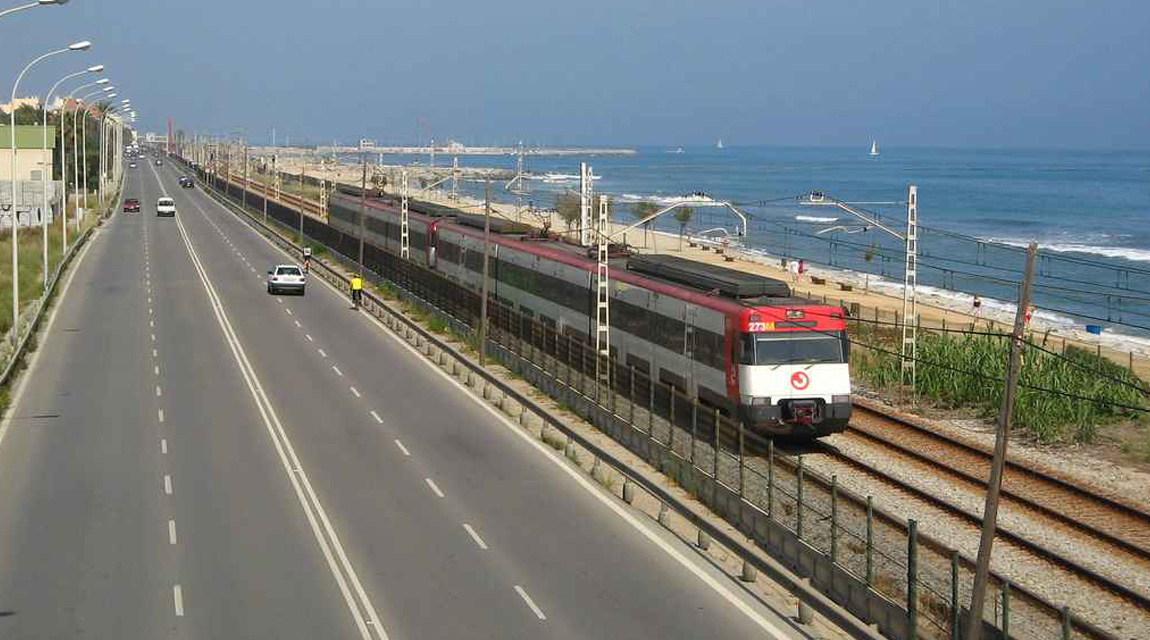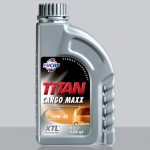Road-to-rail debate continues

Speaking at the recent SAPICS Conference, Transnet’s chief customer officer, Mike Fanucchi, acknowledged that trust and predictability were the big issues to be overcome in the road-to-rail debate.
“Transnet Freight Rail (TFR) recognises the increasingly critical need for a predictable rail service that will support and enhance its drive to build successful partnerships with industry and third-party logistics service providers (3PLs),” he noted.
“TFR has prioritised collaboration and partnerships with 3PLs in order to drive supply chain costs down and enable economic growth.”
Fanucchi said that driving road to rail is his goal at the state-owned company and noted that, while there was work to be done, there was also much to be positive about.
He cited several TFR projects that “show collaboration, partnering and capacity creation at work”. These include the Maputo Corridor supply chain solution; projects to bridge the capacity for manganese offloading at the Port of Saldanha; a logistics solution for finished steel products on rail; a return of maize from road to rail; and a cold-chain solution for fruit exports.
Fanucchi reported that, in the last year, TFR has succeeded in taking 147 071 trips off the road, over a distance of 176-million kilometres.
Partnerships that are being explored include working with leading 3PLs and forwarders to unlock opportunities in the fast-moving consumer goods (FMCG) market. Manufacturing represented opportunities with small tonnage compared to bulk commodities but big value, he stated, but he noted that predictability of service needs to be addressed.
Fanucchi said that TFR’s model to increase container volumes is through partnerships with 3PLS. Running parcels by rail, like UPS, Amazon and JB Hunt do in the United States of America, is also being explored.
“To build on successes, grow business opportunities and encourage private-sector participation, TFR has actively refreshed its approach,” he revealed, adding that an increased focus on customer centricity forms part of this undertaking.
“Customers have been placed at the centre of our business, and Transnet is moving from the disconnected customer-relationship management practices of the past to a seamless process in which one key-account manager provides the link between the customer and multiple Transnet business functions,” he concluded.
Published by
Focus on Transport
One Comment
Leave a comment Cancel reply
focusmagsa





Gotta do whatever attracts more customers.